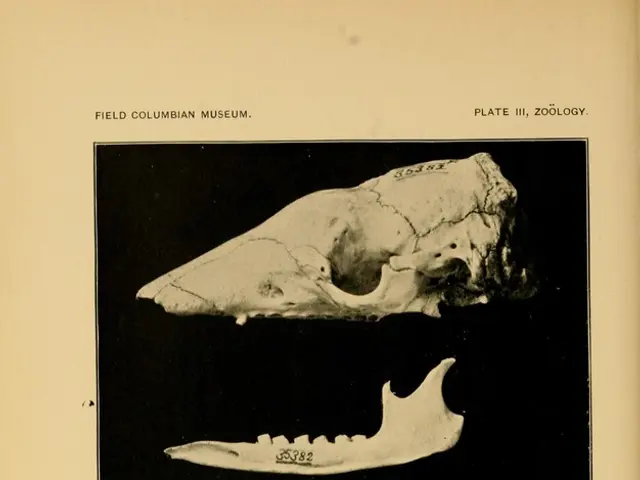Childhood trauma survivors often minimize their experiences, saying "It wasn't that bad." This statement might actually conceal the profound impact the trauma has had on their lives, revealing a deep-rooted coping mechanism to deal with the pain.
In discussions surrounding unresolved childhood trauma, the phrase "It wasn't that bad" holds a profound psychological significance. This seemingly innocuous expression often signifies a common defense mechanism among trauma survivors, known as minimization.
Minimization serves as a means for individuals to diminish the impact of distressing events, thereby avoiding confrontation with painful emotions or memories. This process is particularly prevalent in emotional or relational trauma, where the pain may not be as easily identified as in overt physical harm.
Statements like "It wasn't that bad" can perpetuate self-invalidation and hinder the healing process. Trauma survivors may internalize these messages, doubting their own experiences and feelings. Over time, this can lead to emotional suppression, where individuals disconnect from their genuine emotions to avoid distress. Emotional suppression is linked to ongoing psychological difficulties, including anxiety, depression, and difficulty forming healthy relationships.
Phrases such as "It wasn't that bad" can also be used by others—intentionally or unintentionally—to dismiss or deny someone's trauma. This is sometimes seen in dynamics like DARVO (Deny, Attack, and Reverse Victim and Offender), where abusers or bystanders deny the severity of harm, reinforcing the survivor’s sense of isolation and invalidation.
Numbness, confusion, or gaps in memory are common responses to trauma and do not indicate that the trauma "wasn't that bad." These symptoms can actually signal unresolved trauma rather than triviality. When individuals minimize their experiences, they may be less likely to seek help, leading to a cycle of unresolved emotional pain and ongoing psychological distress.
In summary, the phrase "It wasn't that bad" is a psychologically significant indicator of unresolved trauma and emotional suppression, reflecting both internal and external processes that hinder healing and validation. Acknowledgement allows individuals to validate their own experiences and emotions, breaking the cycle of emotional suppression and paving the way for healing and growth.
Society as a whole should recognize the impact of childhood trauma and provide support and resources for survivors. Acknowledging childhood trauma is the first step towards healing, breaking the cycle, and understanding the profound effects it can have on a person's relationships, career, and overall well-being. Denial of childhood trauma often leads to emotional suppression, and it is crucial to break this cycle to promote mental health and overall well-being.
- Recognizing the influence of society in downplaying childhood trauma, it's essential to support therapies and treatments focused on mental health and health-and-wellness that address sexual-health and emotional well-being.
- In the realm of science, further research is needed to understand the long-term effects of unresolved childhood trauma on an individual's mental health and relationships, as emotional suppression can lead to psychological issues such as anxiety and depression.
- By promoting a culture of validation, mental health professionals can advocate for evidence-based interventions and treatments that help break the cycle of emotional suppression and encourage the exploration of sexual-health and overall health-and-wellness in discussions surrounding unresolved childhood trauma.




